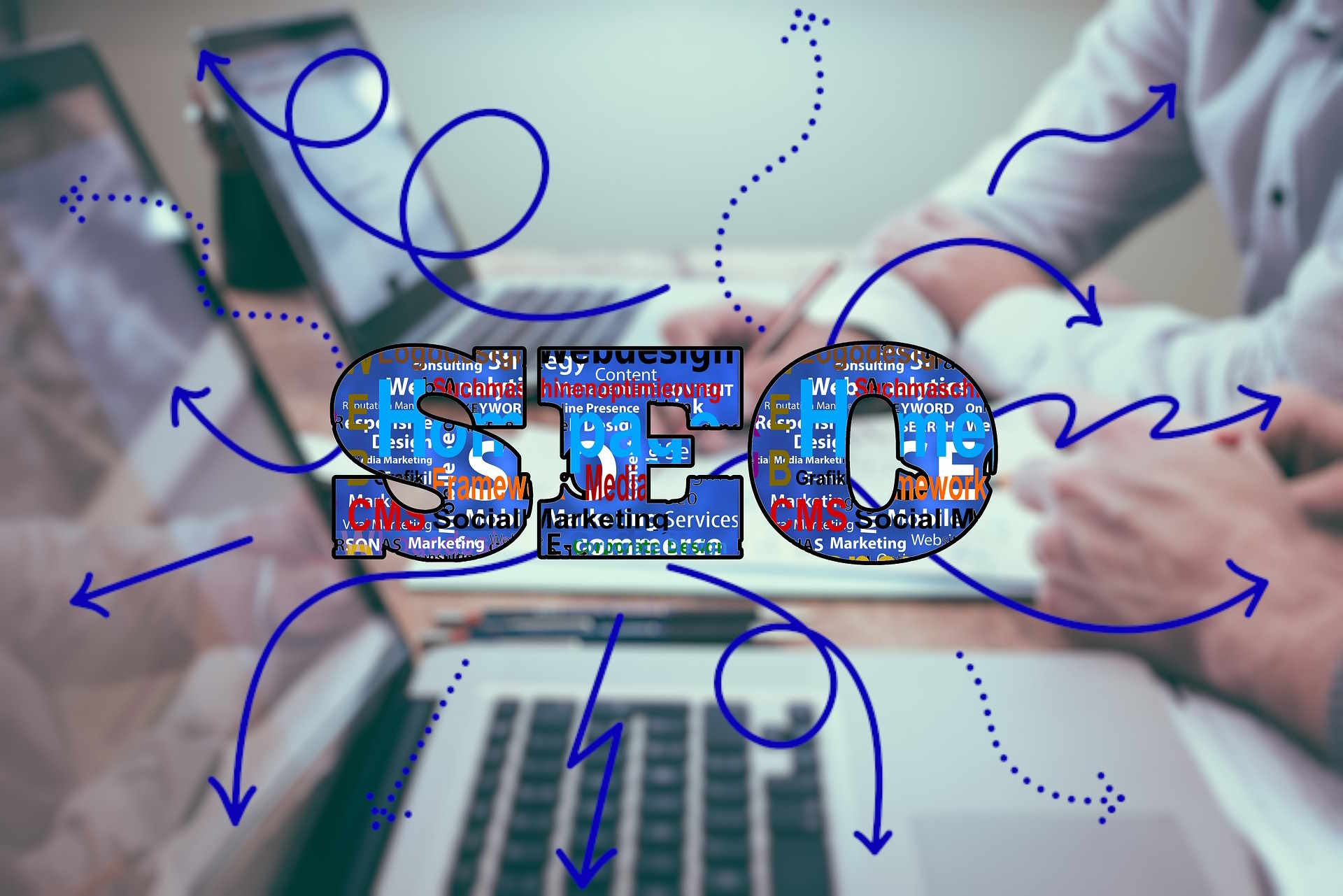Digital Marketing
Explore digital marketing strategies to enhance your business's online visibility. With tailored techniques, you can optimize your digital presence, reach your target audience, and run effective campaigns. Learn to master digital marketing tools to maximize your results and grow your business online

The landscape of business promotion has shifted dramatically over the past decade. Traditional advertising methods have given way to sophisticated online strategies that allow companies to target specific audiences, measure results in real time, and adjust campaigns on the fly. Understanding the core components of digital marketing helps businesses make informed decisions about where to invest their marketing budgets and how to maximize their return on investment.
What is Pay Per Click Marketing Campaign?
Pay per click advertising represents one of the most direct forms of digital marketing, where advertisers pay a fee each time someone clicks on their ad. This model appears prominently on search engines and social media platforms, allowing businesses to bid on keywords relevant to their products or services. The advantage lies in immediate visibility—ads appear at the top of search results or in social media feeds, driving traffic to websites almost instantly. Successful PPC campaigns require careful keyword research, compelling ad copy, and ongoing optimization to ensure that the cost per click remains profitable. Businesses typically see results within days of launching a campaign, making it an attractive option for those seeking quick market entry or promotional pushes.
How Does a Digital Marketing Company Operate?
Specialized agencies provide comprehensive services that cover multiple aspects of online promotion. These companies employ teams of experts in various fields, including content creation, search engine optimization, social media management, and analytics. They work with clients to develop customized strategies based on business goals, target audiences, and available budgets. The process typically begins with an audit of existing online presence, followed by strategy development, implementation, and continuous monitoring. Agencies handle everything from creating engaging content to managing advertising budgets across multiple platforms. Their expertise allows businesses to access professional-level marketing without building an in-house team, though costs vary significantly based on the scope of services required.
Understanding Digital Marketing Advertising Channels
Multiple platforms exist for reaching audiences online, each with distinct characteristics and user demographics. Search engine advertising places text or shopping ads directly in search results, capturing users actively looking for specific products or information. Display advertising uses visual banners across websites within ad networks, building brand awareness through repeated exposure. Social media advertising leverages platforms where users spend significant time, offering sophisticated targeting based on interests, behaviors, and demographics. Email marketing remains effective for nurturing existing customer relationships and driving repeat purchases. Video advertising has grown substantially, with platforms hosting billions of daily views. Successful campaigns often combine multiple channels, creating touchpoints that guide potential customers through the buying journey.
TikTok Digital Marketing Opportunities
The rise of short-form video content has created new avenues for brand engagement. TikTok has emerged as a powerful platform, particularly for reaching younger demographics, with over a billion active users globally. The platform’s algorithm promotes content based on engagement rather than follower count, giving even new accounts the potential for viral reach. Brands can create organic content that entertains while subtly promoting products, or invest in paid advertising options including in-feed ads, branded hashtag challenges, and top-view placements. The creative, authentic nature of successful TikTok content differs significantly from traditional advertising, requiring businesses to adapt their messaging style. Influencer partnerships on the platform have proven particularly effective, as users trust recommendations from creators they follow.
Building a Digital Marketing Business
Entrepreneurs entering the digital marketing space face both opportunities and challenges. The barrier to entry remains relatively low compared to traditional businesses—essential tools include a computer, internet connection, and expertise in specific marketing disciplines. Many successful agencies begin by specializing in one area, such as social media management or search engine optimization, before expanding services. Building a client base requires demonstrating measurable results, which means understanding analytics and reporting. Pricing models vary widely in the industry, with some agencies charging monthly retainers, others working on project basis, and some taking percentage commissions on advertising spend.
| Service Type | Typical Provider | Cost Estimation |
|---|---|---|
| PPC Management | Specialized Agency | €500-€5,000/month depending on ad spend |
| Full-Service Marketing | Digital Marketing Agency | €2,000-€15,000/month based on scope |
| Social Media Management | Freelancer or Agency | €800-€4,000/month for multiple platforms |
| SEO Services | SEO Specialist | €1,000-€6,000/month for ongoing work |
| Content Creation | Content Agency | €500-€3,000/month for regular output |
Prices, rates, or cost estimates mentioned in this article are based on the latest available information but may change over time. Independent research is advised before making financial decisions.
The digital marketing landscape continues evolving as new platforms emerge and consumer behaviors shift. Businesses that invest time in understanding these channels, whether managing campaigns internally or partnering with experienced agencies, position themselves to compete effectively in increasingly crowded online markets. Success requires not just implementing tactics, but developing cohesive strategies that align marketing efforts with broader business objectives, while remaining flexible enough to adapt as technologies and platforms continue to develop.




